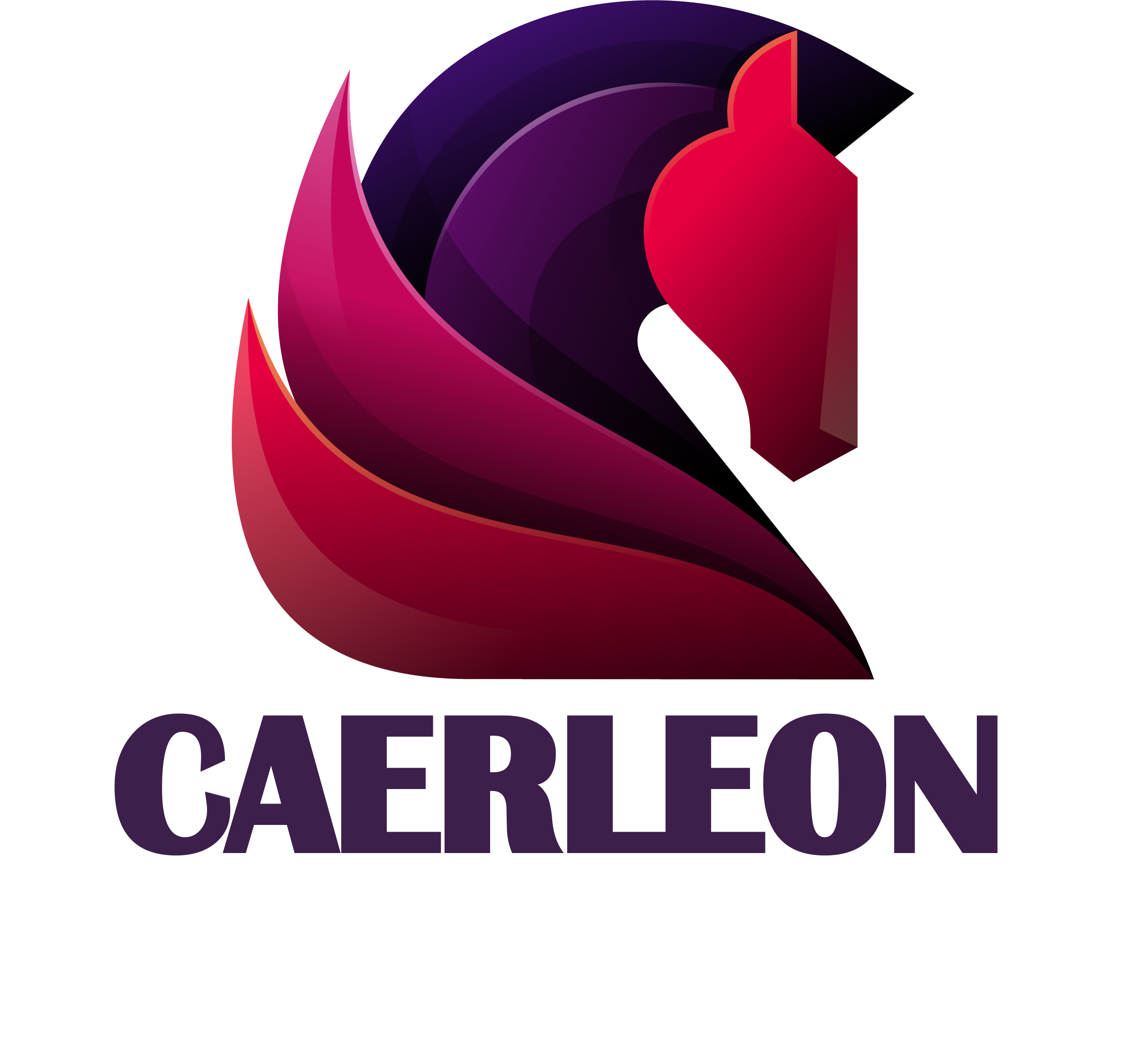If you’re the kind of person who browses social media, visits markets, museums and galleries then the chances are, that you will come across things that have been created as a tribute, copy or parody of real things in life.
It could be a meme, it could be a photo, a cartoon, an animated image, a short video clip, a painting, sculpture or even a T-shirt print.
When you consider what art is, it is “the expression or application of human creative skill and imagination, typically in a visual form such as painting or sculpture, producing works to be appreciated primarily for their beauty or emotional power.” That’s the Oxford Languages dictionary definition at least.
In much the same way that these creative works emulate aspects of reality or flights of fantasy, many, often come down to a re-representation of something factual or known. Precision is often not required and the “artistic license” may be applied in such a way that in fact only the vaguest allusion to reality is represented.
We can’t do that with data though, or at least not the data that we would hope to use in forging strong relationships with customers. Accordingly, we need a little more structure, a little more definition and a better framing of the representation of the customer, such that we are in fact imitating as much about the customer as we can, in a meta-way.
The Art of Data
In the world of Customer Master Data Management (CMDM) we can best achieve that by defining the characteristics that we believe matter, in relation to describing customers.

Once we have that definition, we’re in a much better position to provide detailed and summarized interpretations and representations of the customer entity, such that we can work out how well or how poorly our data management program is functioning and also to build summarized and detailed data analytics stories about customers, customer journeys and customer experiences.
In some respects you could say, that the ability to appropriately represent what we know about our customers to be ‘artful’ in servicing their individual and collective needs, is absolutely tied to our correct imitation of who, what and how customers are, in our various systems of record and reporting systems. Failure to create a good quality digital twin or digital simulation of the customers will ultimately detract from our ability to serve the market and the individual adequately.
No matter the industry segment that your business functions in, the ability to Know your Customers (KYC) and understand their needs, wants, preferences and tastes, puts your business in a much stronger position in sharp contrast with your competitors.
Customers want personalized, intimate engagement, particularly for high value purchases, they also want friendly, frequent and convenient communication on their own terms; that means that you need to know who they are, know what they like and afford them the courtesy of indicating their preferences.
About Pretectum
Although the Pretectum platform is focused purely on Customer MDM, it affords your business the ability to define any number of critical key traits that your business might care to digitally imitate, about your customers. This means that if your model of engagement is highly personalized, with high touch and direct engagement by your associates, you need to empower those associates with as much suitable information as possible in order to service those customers optimally.
The Pretectum CMDM platform allows you to define those essential customer characteristics and more. Further, the platform allows you to layer in Customer Master Data Governance (MDG) in a variety of different ways according to the approach that makes the most sense for your business.
